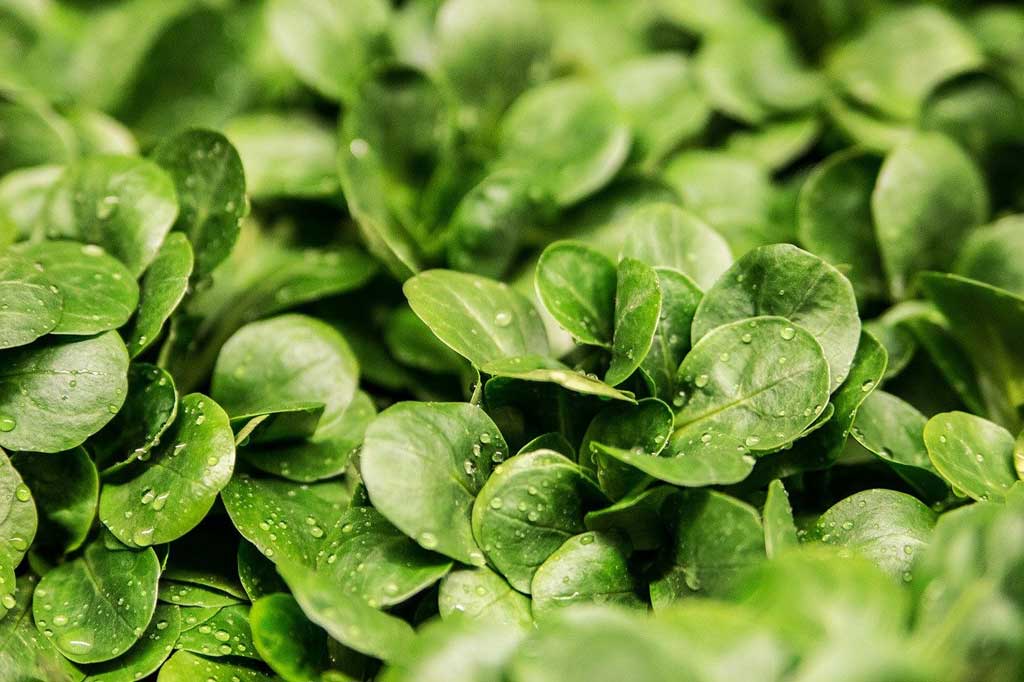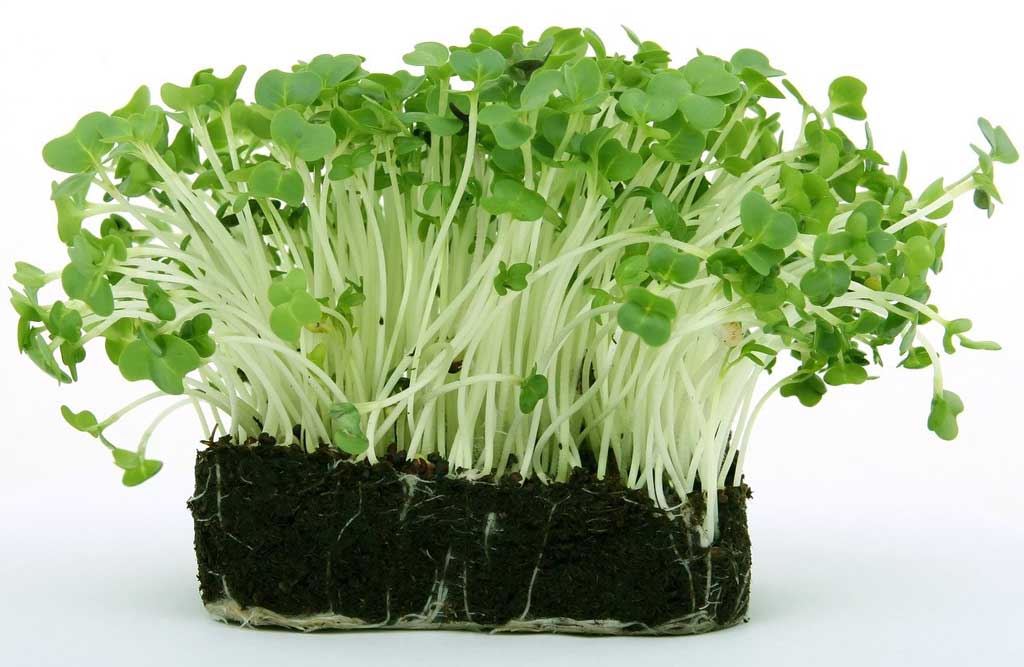The greatest challenge of agriculture is producing a thriving, nutrient-rich crop without harming the workers, consumers, and the environment in the process. Spearheaded by the Noble Research Institute, new research into peptides for plant health looks promising as an alternative to conventional pesticides and antibiotics.
What Are Peptides?
Peptides are short chains of amino acids — the building blocks of protein in plants and animals as well as people. Peptides can be isolated from many kinds of living organisms and/or produced synthetically.
Currently, peptides are being used by bodybuilders to enhance muscle growth and are also being added to skincare and beauty products. Their use for promoting plant health is a much newer application and one that looks to offer great potential.
The Similarities between Peptides and Biostimulants
We’ve written previously about biostimulants — substances or microorganisms that help plants to better tolerate stress and make more efficient use of the nutrients available in the soil. The role of peptides in plant health is very similar, except that they have an even broader application than biostimulants.
Where biostimulants mainly help plants to deal with abiotic stresses (salinity, heat, and drought) and nutrient uptake, peptides also work to strengthen plants biotic stresses (fungal and bacterial pathogens), as well as nutrient deficits in the soil — covering the three principal factors that affect crop productivity on arable land.
What We Know about Peptides for Plant Health
Peptides are encoded naturally in plant genes — from the 1,000 or so genes found in the majority of plants to around 4,000 in Medicago truncatula (a relative of alfalfa). When plants are exposed to stress or nutrient limitation, many of the genes that contain these small peptides display notable increases in expression.
By adding peptides to plants externally, these natural compounds have a bioactive impact on root, leaf, and flower growth and stress-tolerance in a similar way to nematodes. This removes the need for lengthy breeding programs or the genetic modification of the plants, although genetic modification with peptides is also possible and researchers are exploring this option.
Each Peptide Has a Purpose
The unique beauty of peptides in agriculture is that different peptides perform a different role in helping to boost plant health and resilience. Currently, researchers are working on isolating the role of specific peptides in plants to make the application as targeted as possible.
So far, researchers from the Universities of Queensland and Sydney have been able to synthesize a peptide that regulates root growth and a European team has been working on nodule-specific cysteine-rich (NCR) peptides for their anti-bacterial and anti-fungal properties.
Are Peptides Approved for Commercial Use?
At the time of writing, peptides for plant health are still in a very experimental stage and are not readily available to growers. Once advances in research lead to government approval and regulation, we can hope to see a large variety of agricultural peptides on the market.
However, until peptides are approved commercially, there are ways you can boost the function of amino acids in your crops without applying a single product.
The Institute of Subtropical Agriculture Chinese Academy of Sciences Study
A 2012 study from the Institute of Subtropical Agriculture (ISA) compared the rate of amino acid and peptide acquisition in topsoils in accredited organic farms, transitional farms, and conventionally-managed farms in the same growing region.
They found that the higher levels of soil organic carbon (SOC) and total microbial activity in the organic topsoils led to a significantly increased amino acid and peptide acquisition rate.
If the ideas presented in this study are correct, you might be able to enhance natural peptide activity — and hence the health of your plants — by improving your topsoil with organic techniques:
- Add plenty of organic matter to build up your topsoil.
- Add compost tea to build up your soil web.
- Plant cover crops to increase carbon in the soil.
- Use mechanical weeding and non-toxic pesticides to protect the microbes present in the soil.
Find All of the Specialized Products You Need at Fruit Growers Supply
If you’re interested in peptides, biostimulants, and other innovative approaches to plant health, stay abreast of the trends and their implementation with Fruit Growers Supply. Established in 1907, we specialize in providing supplies for fruit and citrus growers — including eye-catching corrugated boxes, postharvest fruit wax, crop-specific irrigation systems, and niche fruit-growing retail products.
Sustainability is a big priority here at Fruit Growers Supply Company, but that doesn’t limit us to any particular growing philosophy. Whether your growing operations are fully conventional, in transition, or certified USDA organic, we’ve got the expertise, products, and systems you need to improve productivity and help your crops thrive.
Keen to learn more about products for plant health? Subscribe for regular updates and contact our team for personalized advice.




You must be logged in to post a comment.